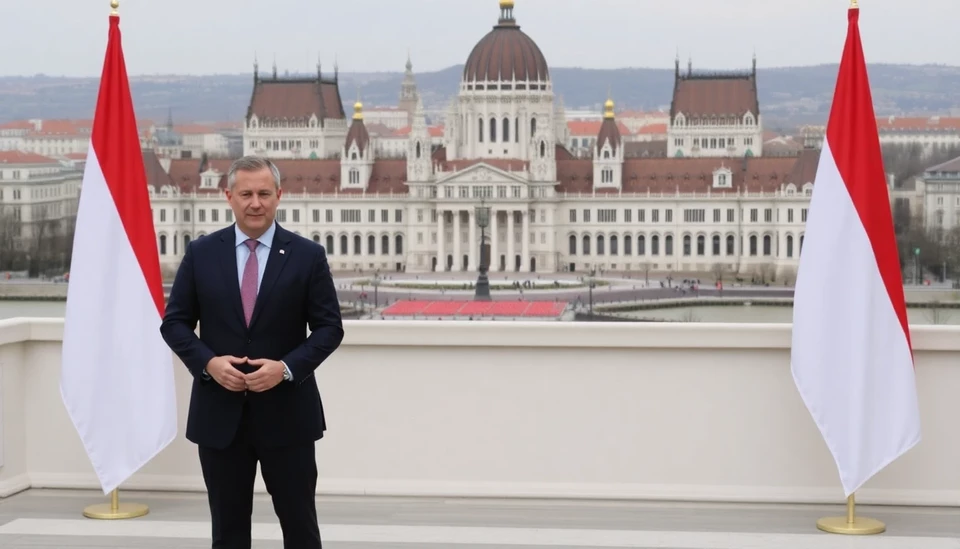
In a strategic move reflecting the country's economic climate, Hungary's government has unveiled its proposed budget for 2024, pledging significant spending cuts. This announcement comes as the nation prepares for upcoming elections, a period typically marked by heightened scrutiny over fiscal policies and government spending.
The Hungarian Minister of Finance, Mihály Varga, brought forth the budget plan during a recent parliamentary session, emphasizing the government's commitment to stabilizing the economy against a backdrop of rising energy prices and inflationary pressures. With inflation rates consistently above the European Union average, the government aims to restore fiscal discipline while addressing the immediate needs of the populace.
Varga's plan incorporates measures aimed at reducing expenditures by approximately 800 billion forints (roughly $2.2 billion). Key areas identified for cuts include public investment projects and direct support programs that had been heightened during the previous years responding to global economic challenges. The Hungarian government has indicated that despite these cuts, essential services and social welfare programs will remain largely intact, aimed at ensuring the most vulnerable segments of society are protected.
In light of looming elections, which are set for the spring of 2024, the budgetary adjustments evoke a need for balancing economic prudence with public expectations. Critics have raised concerns regarding the timing and impact of these cuts, suggesting they could affect the level of public services available to citizens. However, Varga and other government officials argue that such measures are essential for long-term economic health and fiscal stability.
Further complicating the situation, Hungary continues to contend with the implications of broader geopolitical tensions and an evolving economic landscape. The candidacy of various opposition parties in the approaching elections has intensified discussions surrounding fiscal policies, particularly as they relate to Hungary's adherence to EU standards and regulations.
Amidst these budgetary commitments, the Hungarian government has also hinted at potential tax reforms aimed at diversifying revenue streams and bolstering economic resilience. While details remain sparse, officials insist that a comprehensive plan will be presented before the elections, detailing how these reforms will contribute to sustainable growth.
As Hungary prepares for this pivotal moment, the 2024 budget signifies not only a response to immediate economic concerns but also a critical component of the ruling party's strategy to retain power in a changing political landscape. The government's focus on fiscal responsibility and economic stability could be a double-edged sword, appealing to some voters while alienating others who may be adversely affected by budget reductions.
With uncertainty hanging over both the economic and political spheres, all eyes will be on Hungary's next steps as it navigates these challenges in the lead-up to the elections.
#HungaryBudget #Cuts #HungaryElections #2024 #EconomicStability #FiscalDiscipline #GovernmentStrategy
Author: Daniel Foster




